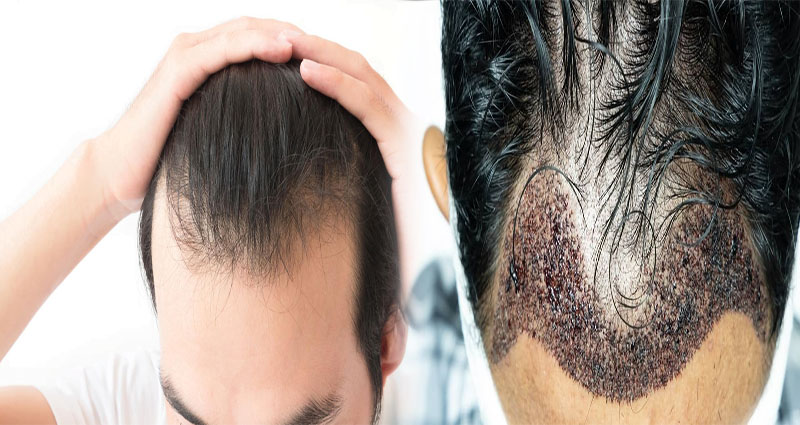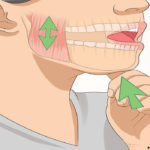How to Improve Hair Transplant Success Rate with Pre and Post-Care
Hair transplant procedures have become increasingly popular as a permanent solution for hair loss and balding. However, the success of a hair transplant relies heavily on the pre and post-care that patients undertake. By following proper pre and post-care instructions, individuals can significantly improve the success rate of their hair transplant. Below are essential tips on how to improve the success rate of a hair transplant through diligent care:
Pre-Care Tips:
- Consultation with a Qualified Professional: Before undergoing a hair transplant procedure, it is crucial to consult with a qualified hair transplant surgeon. Discuss your medical history, expectations, and any concerns you may have to ensure that you are a suitable candidate for the procedure.
- Maintain a Healthy Lifestyle: Leading up to the hair transplant, focus on maintaining a healthy lifestyle. This includes eating a balanced diet, staying hydrated, getting regular exercise, and avoiding smoking and excessive alcohol










